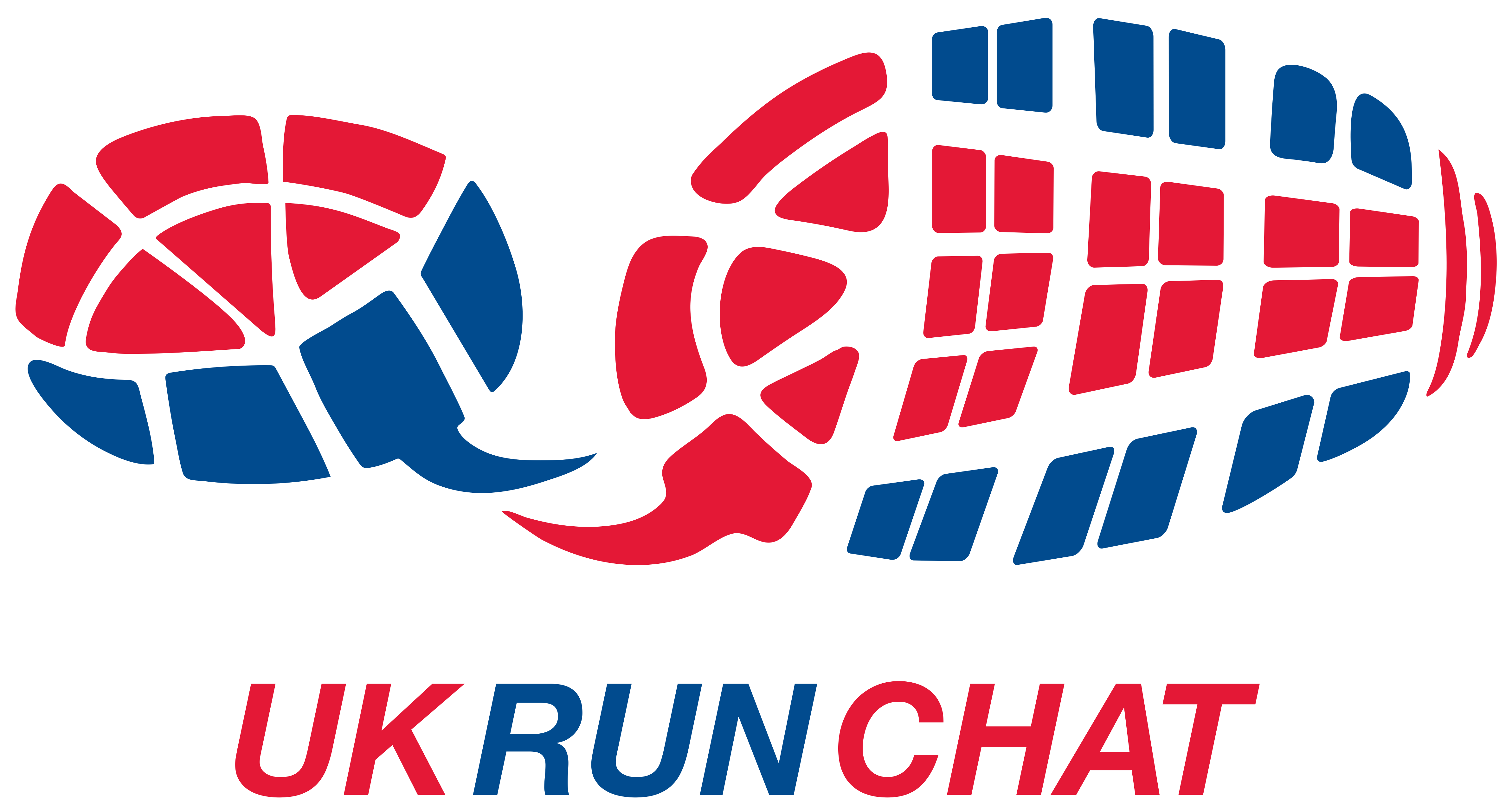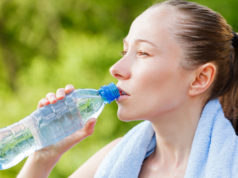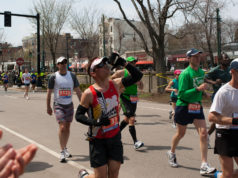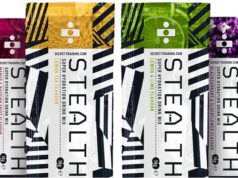There are times when we all need some kind of recovery drink. Whether it be a strong cup of tea after a tough morning meeting or, a drink (or two) in the pub with your mates after a testing week at work. However, as essential as these beverages may be, these are not the kind of recovery drinks I’m talking about. Sports drinks after a long run play an important role in restoring fluids and electrolytes lost through sweat, replacing muscle fuel and providing protein to help repair damaged muscles. That said, they don’t agree with everyone and are not the only options to aid your recovery. Here’s a few natural options that you may want to incorporate.
For shorter runs, iced green tea can work wonders. It has catechins (I promise I’ve not made this word up), a type of flavonoid and antioxidant that, as well as fighting disease, can also reduce muscle damage and speed recovery. The key is in the steeping – the longer, the better. If you drink 5 cups a day it becomes like a liquid superpower, but I’m not sure many of our bladders could contain that.
If you’re planning to run for 60 minutes, coconut water might be just what you need. It provides a similar level of re-hydration as a sports drink, except it’s up to 10 times higher in potassium, an electrolyte that plays an important role in regulating blood pressure and muscle contractions (also found in bananas). The best kind of water is straight from the nut, with a straw and umbrella. This may pose a problem for those of you who don’t yet have coconut trees in garden, so perhaps best to stock up the next time you are holidaying along the Equator. If not, the shops have some pretty good varieties.
Tart cherry juice drunk either before, the day of, or a couple of days after a really tough run, has been shown in studies to reduce inflammation, oxidative stress and muscle damage. Cherries have the highest antioxidant level of any fruit and are a good source of melatonin – happy days!
Another favourite is vegetable juice, with some combinations containing 3-5 times the amount of sodium and 10 times the potassium of a sports drink. If it includes tomato, but not vodka (I’m not sure if there have been any studies on the recovery benefits of a Bloody Mary), you’re on to a winner. Tomatoes contain lycopene, an antioxidant that protects muscles from oxidative stress. Other helpful veggies include beetroot, spinach and carrots. Beware of the side effects of beets though – many an unsuspecting person has almost called for an ambulance after a trip to the toilet. Just like these people:
911 Beets
Last but not least is … milk. Our lovely friends at the British Red Cross told us this last year. The best drink you can have after a half-marathon is a drink of the pearly white stuff. Studies have shown that milk is better than both water and sports drinks at restoring fluid levels after running in extreme heat – a common problem in Reigate. If drunk regularly it also increases the time it takes to reach exhaustion during subsequent exercise sessions. Couple that with the vitamin D and calcium it provides and you can see why it comes highly recommended. Yes, this includes chocolate milk too. What better way to treat the kids after their Run Reigate Kids Race miles!
As I said at the beginning, there are many benefits to sports drinks and it’s definitely worth incorporating these into your running regime. These alternative recovery drinks are purely suggested as a means of complementing them, plus now you’ll get to use that new juicer you got for Christmas too.
Many thanks to @runreigate for this content.
[mk_social_networks size=”medium” style=”rounded” margin=”4″ border_color=”#cccccc” bg_hover_color=”#232323″ icon_color=”#cccccc” icon_hover_color=”#eeeeee” align=”left” facebook=”https://www.facebook.com/runreigate” twitter=”https://twitter.com/runreigate”]





